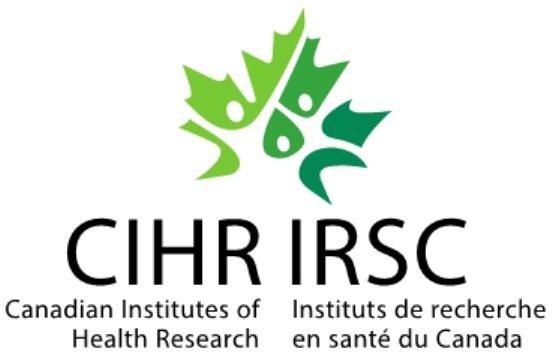
ProGut Study
Impact of Emergency Department Probiotic Treatment of Pediatric Gastroenteritis: Randomized Controlled Trial
Study Summary
Gastroenteritis results in 1.7 million visits to Emergency Departments (EDs) in the United States and over 240,000 visits in Canada every year. The burden of disease on children and their families can be large. Children can suffer from prolonged and severe illness including prolonged symptoms resulting in an inability to attend daycare and for their caregivers to return to work. Healthcare providers have little to offer to relieve symptoms. Probiotics, which are live bacteria that have a beneficial effect on the health of the host, have demonstrated promise in recent trials in hospitalized children and are an increasingly expanding field. Probiotics are available over the counter however they can be costly and there is limited evidence to support their use in children with gastroenteritis.
ProGut is a randomized, placebo controlled, double blind clinical trial assessing the effectiveness of a probiotic (Lacidofil®), compared with placebo, administered to children with vomiting and diarrhea due to gastroenteritis like illness. 886 children, ages 3-48 months enrolled in the study from six Canadian EDs.
Participants were randomized to receive 10 doses of a 4 billion CFU probiotic (Lacidofil®) or a matching placebo to be administered twice daily (morning and evening) to the child in the 5 days following the ED visit. The first dose was administered to the child while they were still present in the ED.
Objectives
- To determine if, in previously healthy children aged 3-48 months presenting to an ED with less than 72 hours of acute gastroenteritis like symptoms, compared with placebo, is the proportion of children who develop moderate to severe disease (worsening disease) following their ED visit, significantly different in those who receive the probiotic
- To investigate in this group of children, is there a difference in the:
- duration of diarrhea or duration of vomiting
- proportion of children who require unscheduled healthcare visits after their ED visit
- effectiveness of the treatment based on the infecting pathogen (virus or bacteria causing symptoms) - To determine if the proportion of children who experience a side effect is (e.g. bloating, fever, rash) significantly different in children who receive a probiotic compared with those who receive a placebo
- To determine if stool sIgA (secretory immunoglobulin A) levels 5 days and 4 weeks (28 days) after the study treatment are higher in those who receive a probiotic compared with those who received a placebo
- Is there a difference in the pathogen specific reduction in stool pathogen load (amount of bacteria or virus present in the stool) between the two groups – i.e. is there a different effect based on the specific virus or bacteria causing the symptoms?
Principal Study Investigator: Dr. Stephen Freedman
Project Lead: Sarah Williamson-Urquhart
Study Team: Dr. Ken Farion, Dr. Serge Gouin, Dr. Katrina Hurley, Dr. Naveen Poonai, Dr. Suzanne Schuh, Dr. Andrew Willan, Dr. Philip Sherman, Dr. Bonita Lee, Dr. Xiao-Li Pang, Dr. Linda Chui for the PERC PROGUT Trial Group



